IBM wants companies to predict the future
Business analytics will be the next big IT industry mega trend, predicts IBM.

IBM has thrown its full weight behind business analytics, placing its bet that it will be the next big enterprise software trend by unveiling new products.
The company's Information on Demand (IOD) conference in Las Vegas saw it continue its big push into business intelligence and analytics software.
IBM has spent $12 billion creating a new analytics portfolio, including $1.2 billion acquiring analytics company SPSS.
IBM sees business analytics as an extension of business intelligence (BI). Rather than just BI's reporting and slicing and dicing analysis, IBM's business analytics software should allow companies to look into the future by predicting future outcomes using existing data trends.
The company also announced an aggressive expansion of its multi-billion dollar investment in business analytics.
This involved new analytics software for sales, talent management and procurement, as well as content analysis software to analyse emails and blogs, and stream computing technology to make sense of data warehouse information in real time.
In an interview with IT PRO, IBM information management chief technology officer Anant Jhingran said although BI had been very useful, taking it further with business analytics allowed companies to make predictions at the point of contact and transaction.
Sign up today and you will receive a free copy of our Future Focus 2025 report - the leading guidance on AI, cybersecurity and other IT challenges as per 700+ senior executives
"We want to predict customer behaviour. If we can do that, we can apply all the analysis in the context of the transactions," he said. "We know that the number of transactions is very, very large, and if we can get just one per cent lift in respect to that, it can make a big difference."
"That is a shift that we want to achieve through prediction," Jhingran added. "That's why we acquired SPSS, whose main capability was to predict in context. Of course you can analyse historic things, but prediction is the thing we're really focusing on."
-
 Trump's AI executive order could leave US in a 'regulatory vacuum'
Trump's AI executive order could leave US in a 'regulatory vacuum'News Citing a "patchwork of 50 different regulatory regimes" and "ideological bias", President Trump wants rules to be set at a federal level
-
 TPUs: Google's home advantage
TPUs: Google's home advantageITPro Podcast How does TPU v7 stack up against Nvidia's latest chips – and can Google scale AI using only its own supply?
-
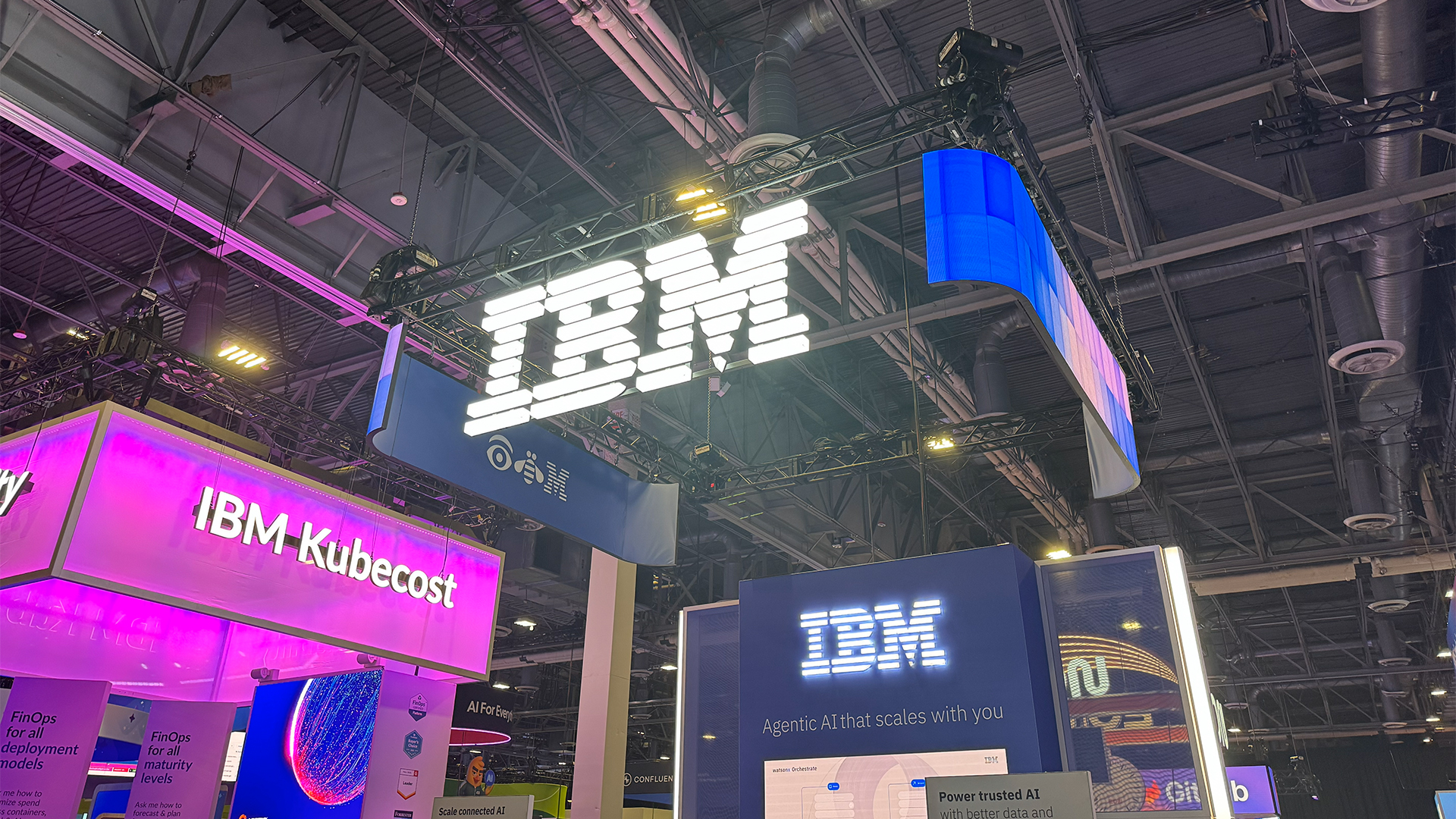 IBM’s Confluent acquisition will give it a ‘competitive edge’ and supercharge its AI credentials
IBM’s Confluent acquisition will give it a ‘competitive edge’ and supercharge its AI credentialsAnalysis IBM described Confluent as a “natural fit” for its hybrid cloud and AI strategy, enabling “end-to-end integration of applications, analytics, data systems and AI agents”.
-
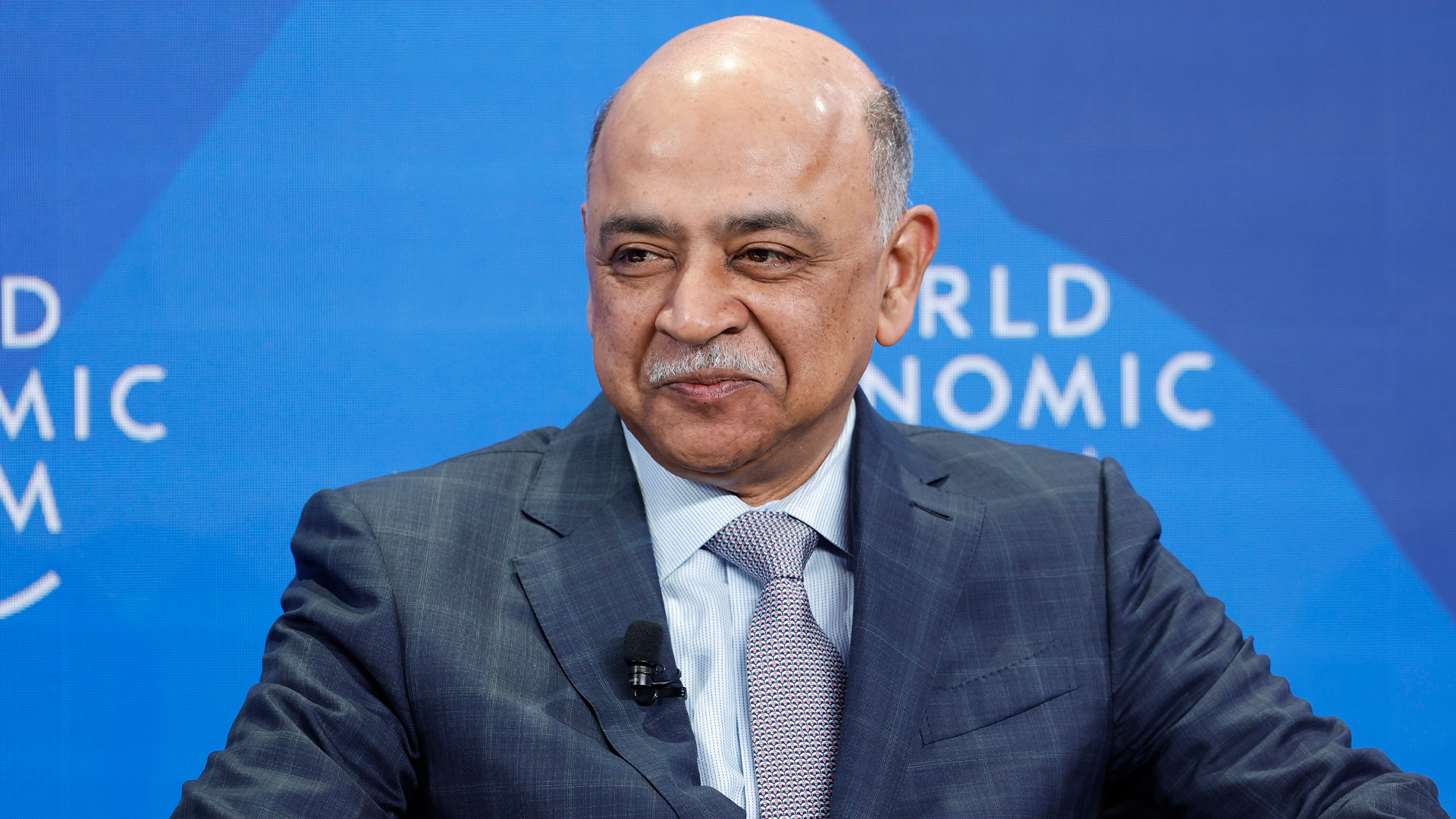 IBM layoffs loom as ‘single-digit percentage’ of global workforce set for cuts
IBM layoffs loom as ‘single-digit percentage’ of global workforce set for cutsNews Headcount at the cloud giant has been decreasing steadily in recent years
-
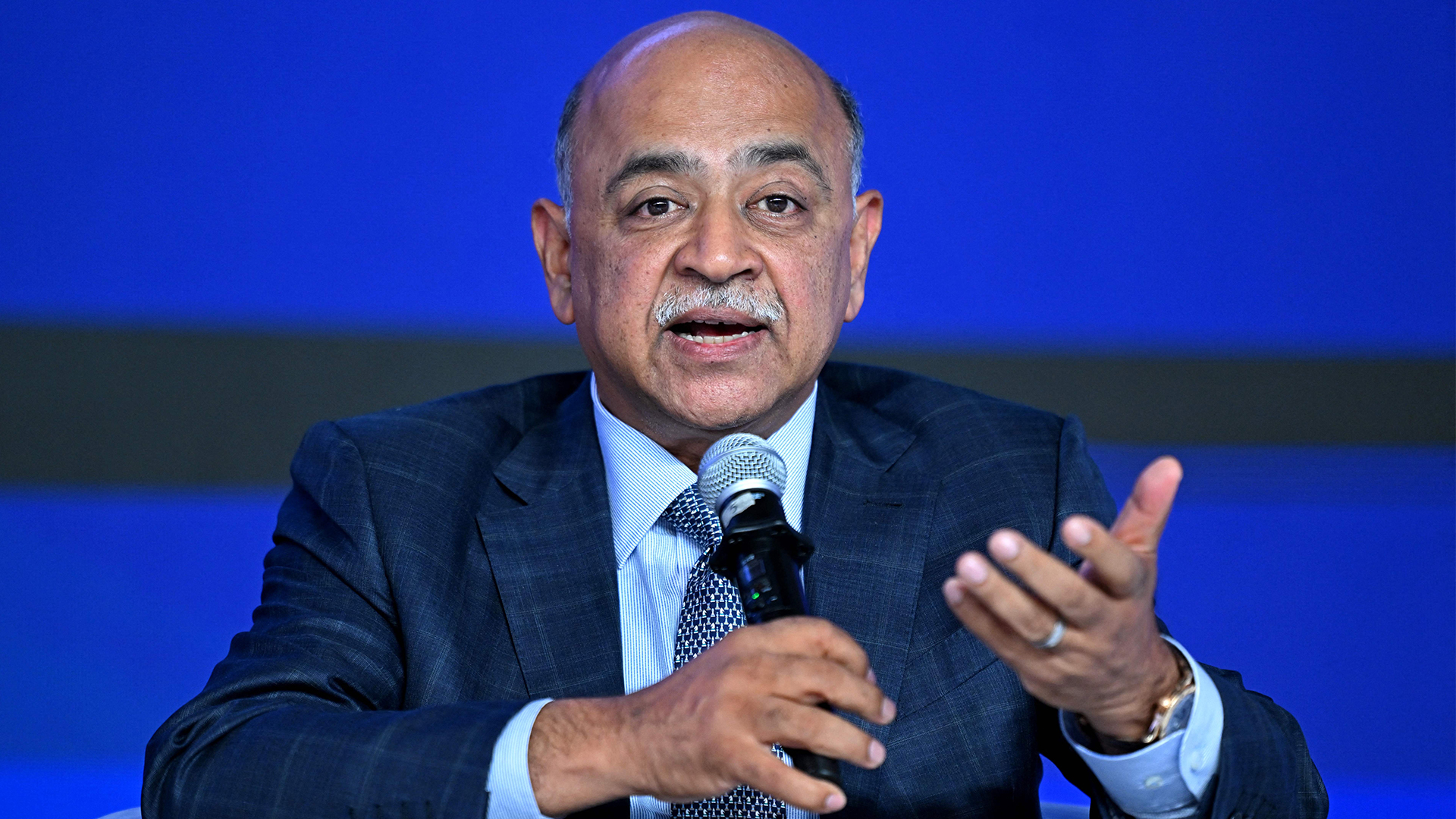 ‘There is no law of computer science that says that AI must remain expensive and must remain large’: IBM CEO Arvind Krishna bangs the drum for smaller AI models
‘There is no law of computer science that says that AI must remain expensive and must remain large’: IBM CEO Arvind Krishna bangs the drum for smaller AI modelsNews IBM CEO Arvind Krishna says smaller, more domain-specific AI models have become the most efficient and cost-effective options for enterprises.
-
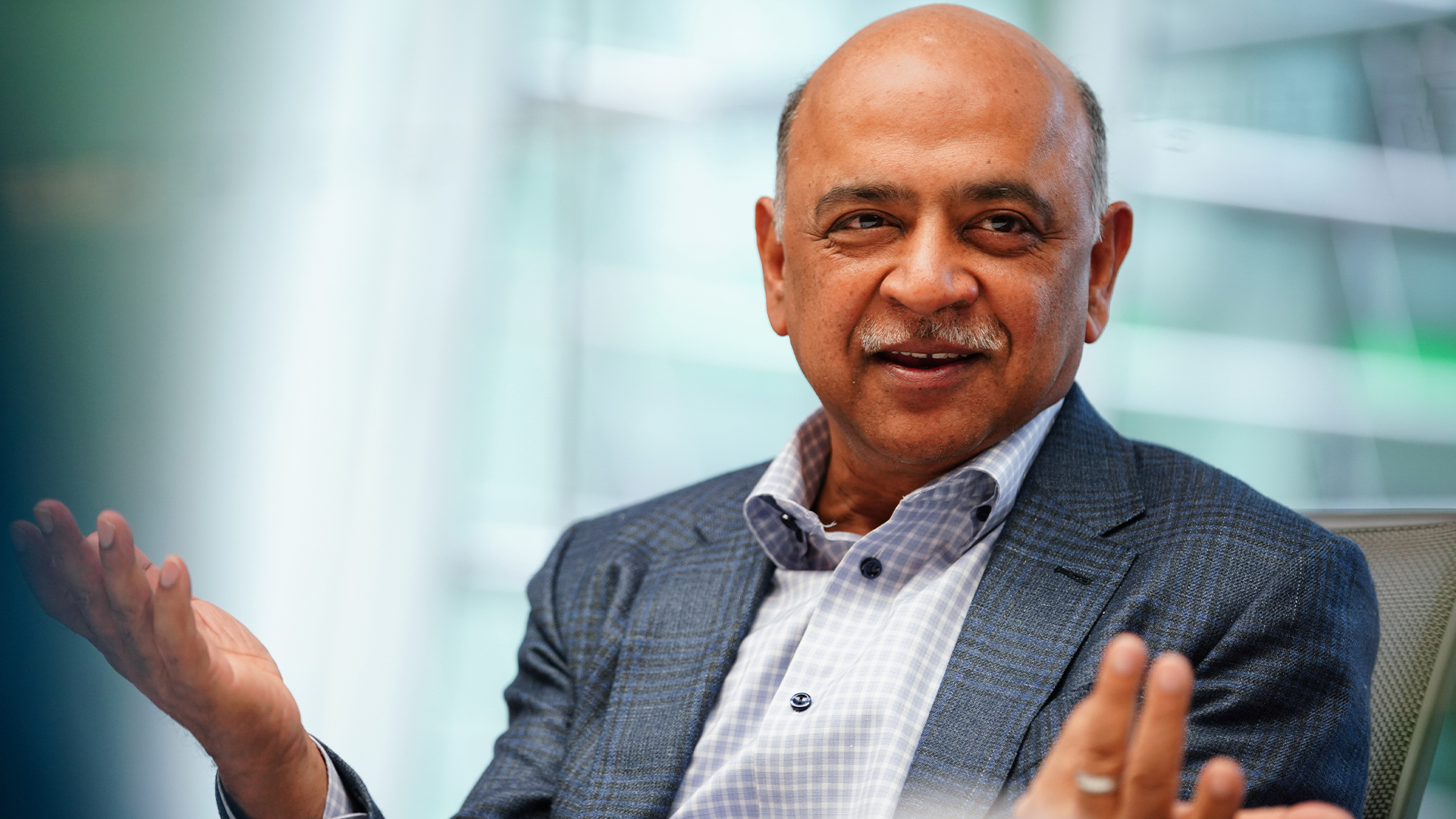 IBM puts on a brave face as US government cuts hit 15 contracts
IBM puts on a brave face as US government cuts hit 15 contractsNews Despite the cuts, IBM remains upbeat after promising quarterly results
-
 IBM completes HashiCorp acquisition after regulatory approval
IBM completes HashiCorp acquisition after regulatory approvalNews IBM has completed its $6.4 billion acquisition of cloud automation and security firm HashiCorp,
-
 IBM eyes Oracle expertise gains with latest acquisition
IBM eyes Oracle expertise gains with latest acquisitionNews The deal aims to help IBM address the complexities of public sector cloud transformation
-
 UK regulator to investigate IBM takeover of HashiCorp
UK regulator to investigate IBM takeover of HashiCorpNews The CMA is concerned that the merger could affect competition in the cloud services market
-
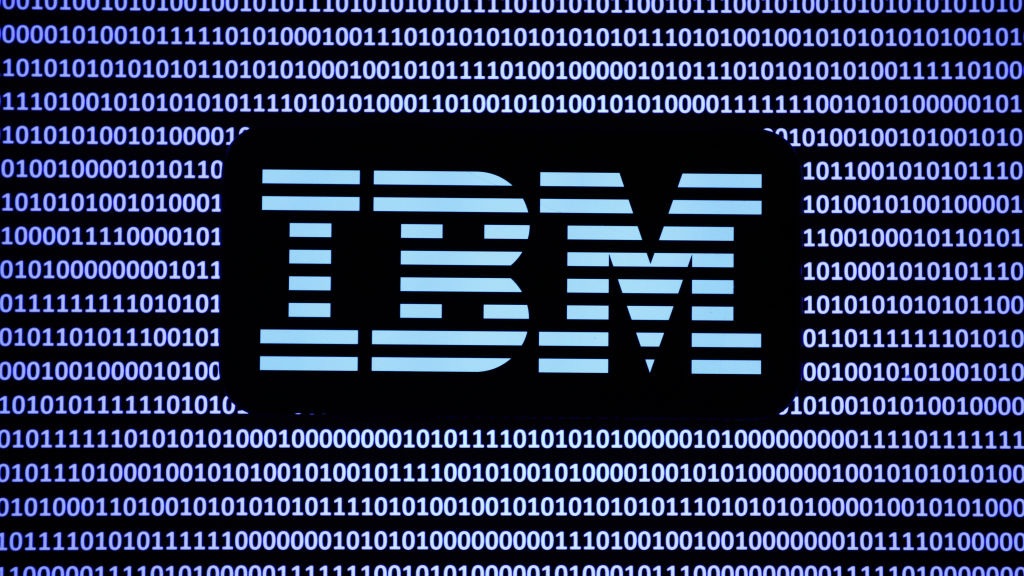 Channel Focus: All you need to know about IBM's partner program
Channel Focus: All you need to know about IBM's partner programHow Big Blue seeks to go deep, tackling enterprise complexity: A brief guide to the role of partners in IBM's plan to accelerate software and consulting sales.